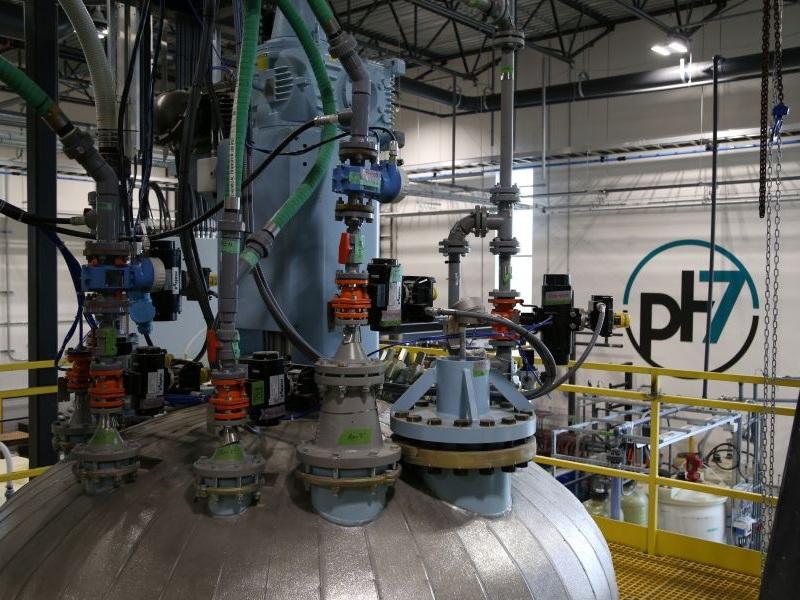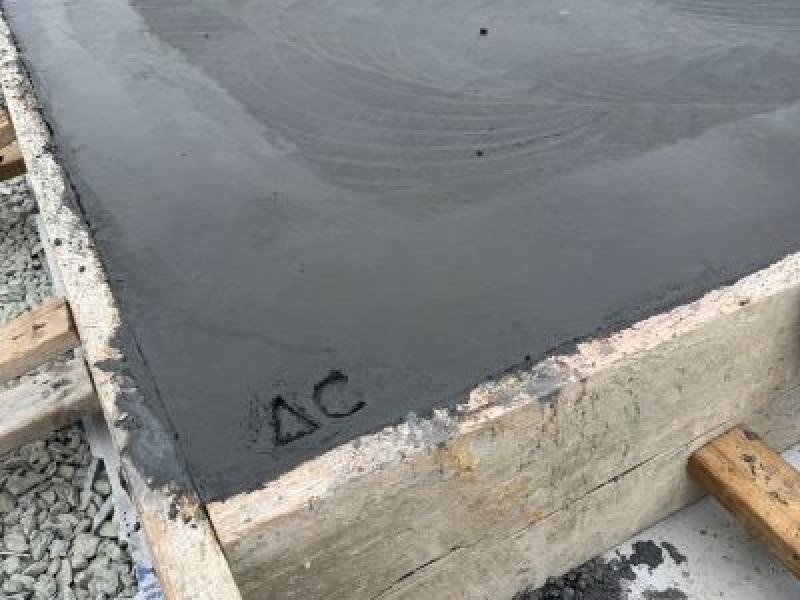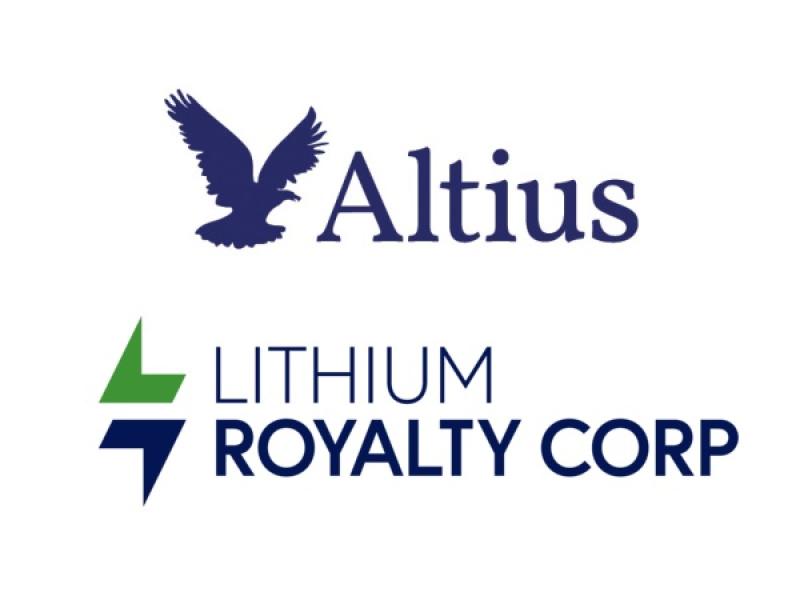
Seven of the world's largest automakers will form a joint venture to build a network of electric vehicle (EV) charging stations spanning Canada and the U.S. to drive EV adoption across the continent.
BMW Group, General Motors, Honda, Hyundai, Kia, Mercedes-Benz Group and Stellantis NV said in a joint release they plan to install at least 30,000 DC chargers powered solely by renewable energy near cities and major highways.
The plan would nearly double the amount of DC charging outlets in the U.S. and Canada, with a little over 36,000 across the two countries in almost 8,900 charging stations, according to the U.S. Department of Energy. Natural Resources Canada (NRCan) says there are over 1,200 public DC fast chargers in Canada at approximately 3,500 stations.
The first stations are expected to open in the U.S. in the summer of 2024 and in Canada at a later stage, according to the release.
“North America is one of the world’s most important car markets – with the potential to be a leader in electromobility. Accessibility to high-speed charging is one of the key enablers to accelerate this transition,” BMW Group CEO Oliver Zipse said in the release.
The unnamed joint venture is expected to be established this year. Financial terms were not disclosed.
About the charging stations
The charging stations will be equipped with multiple DC fast chargers compatible with any battery-powered EV from any automaker using a Combined Charging System or North American Charging Standard.
DC fast chargers, or Level 3 chargers, can charge an EV’s battery to 80 per cent within 15 minutes to 45 minutes.
Deployment will focus on metropolitan areas and major highways, including connecting corridors and vacation routes. The goal is to place charging stations in locations most convenient for work and travel.
For customer comfort, the charging stations will have canopies if possible, and amenities such as restrooms and food service. Retail operations will be either nearby or inside the complex. Flagship stations will have additional amenities, though no details have been disclosed.
The automakers’ in-vehicle and in-app experiences will be integrated into the charging stations, including payment applications and energy management systems.
“The creation of EV charging services," Honda CEO Toshihiro Mibe said in the release, "is an opportunity for automakers to produce excellent user experiences by providing complete, convenient and sustainable solutions for our customers."
Smoothing out the EV experience
Addressing the need for EV charging infrastructure is one of the most crucial roadblocks to overcome for their adoption.
A study from Dunsky Energy + Climate Advisors commissioned by the Canadian government found the country needs around 200,000 publicly available EV chargers by 2030, assuming EV sales match the government mandate. Canada currently has approximately 18,500 EV charging ports according to NRCan.
The lack of public EV chargers was named as one of the top reasons why rural and suburban Canadian drivers would not consider such a vehicle, with almost half of respondents in a 2021 poll listing it as a reason to not purchase an EV.










